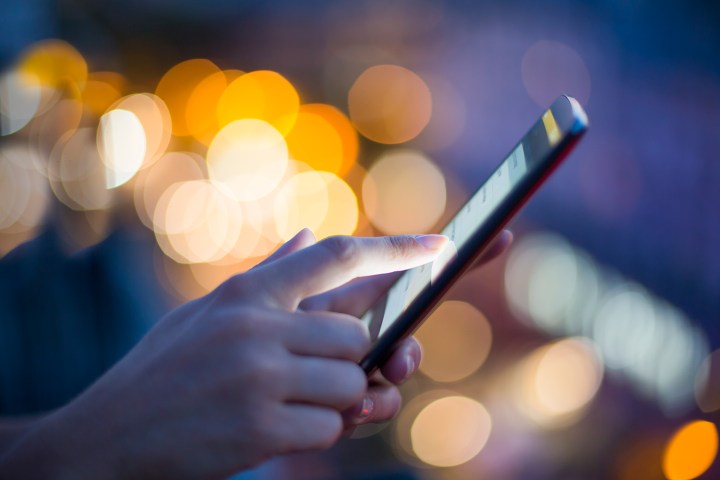
Sent directly to Americans’ smartphones, the alerts can notify people of “imminent threats to safety or life,” including extreme weather, terror attacks or evacuation emergencies, while also putting the word out about wanted suspects or missing children in a specific area.
But the system is far from perfect, and the Federal Communications Commission (FCC) wants to do something about it.
Proposals to be laid out by FCC chairman Ajit Pai on Tuesday, December 9 are expected to insist telecom companies work more closely with smartphone manufacturers to ensure the alerts are sent to more precise locations accurate to within just a tenth of a mile, Re/code reports. This should ensure that when you do get an alert, you’ll definitely sit up and take notice instead of perhaps quickly dismissing it as irrelevant if you’re outside of the affected area.
It should therefore also reduce instances of smartphone users turning off the noisy alerts because they’re poorly targeted (hence annoying), which of course puts them at risk of missing an important one any time after that.
As Re/code points out, some of the system’s weaknesses were exposed during the recent North Bay wildfires in California. In a strongly worded letter sent to Pai last fall, California Senators Dianne Feinstein and Kamala Harris explained that first responders were unable to send out emergency alerts “because of significant technical deficiencies in the system.”
The technology issues alerts over wide areas for severe weather and missing children, but “because the WEA system does not enable precise geo-targeting — a feature that has been standard in mobile applications for years — emergency services cannot send an evacuation message without reaching a large number of unaffected residents,” the pair said, adding that the authorities are therefore “caught in a bind between notifying individuals in imminent danger and risking mass panic.”
Pai said that safety officials throughout the U.S. “have told the FCC how important it is to better pinpoint these alerts to impacted communities,” adding that improved accuracy “would encourage more local officials to use these alerts during emergencies as well as lead Americans to take more seriously the alerts they receive on their mobile devices.”
The proposals, which will be outlined in full on Tuesday, will be voted on at an FCC meeting in February, though a date for their implementation, if they are voted through, is yet to be set.
Editors' Recommendations
- Here’s why your phone got an emergency alert today
- The FCC is going after international robocallers with new measure
